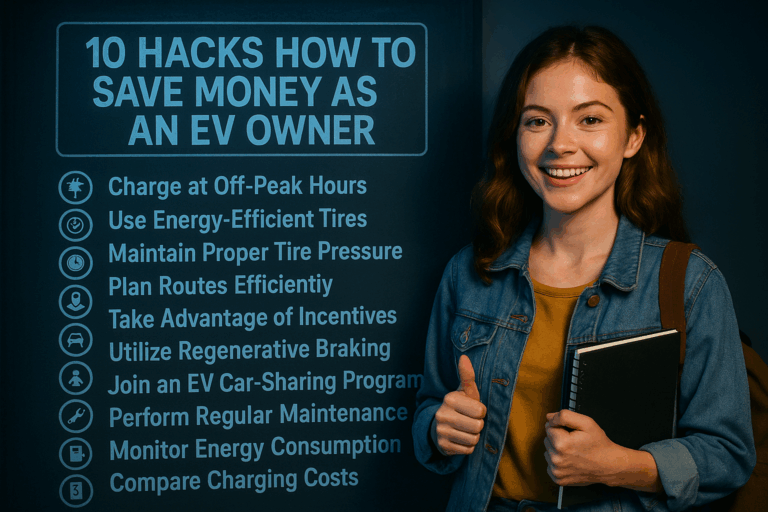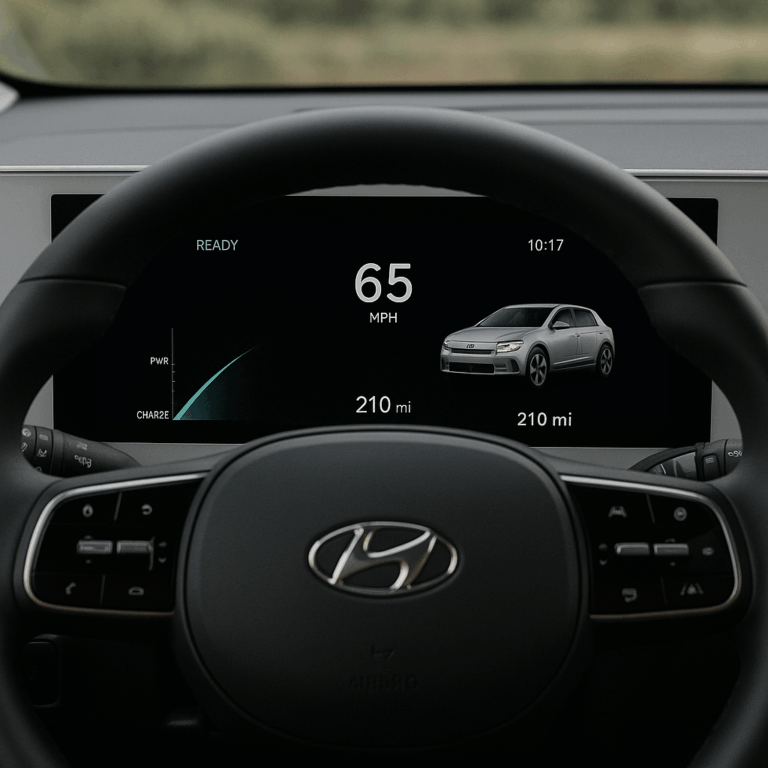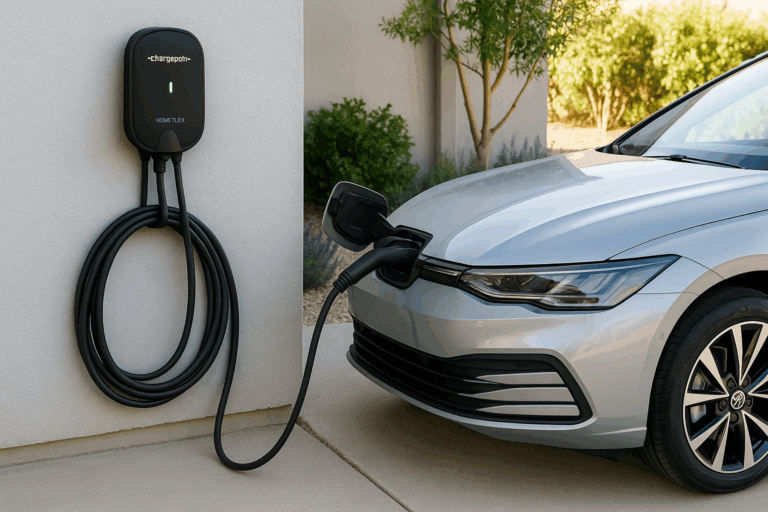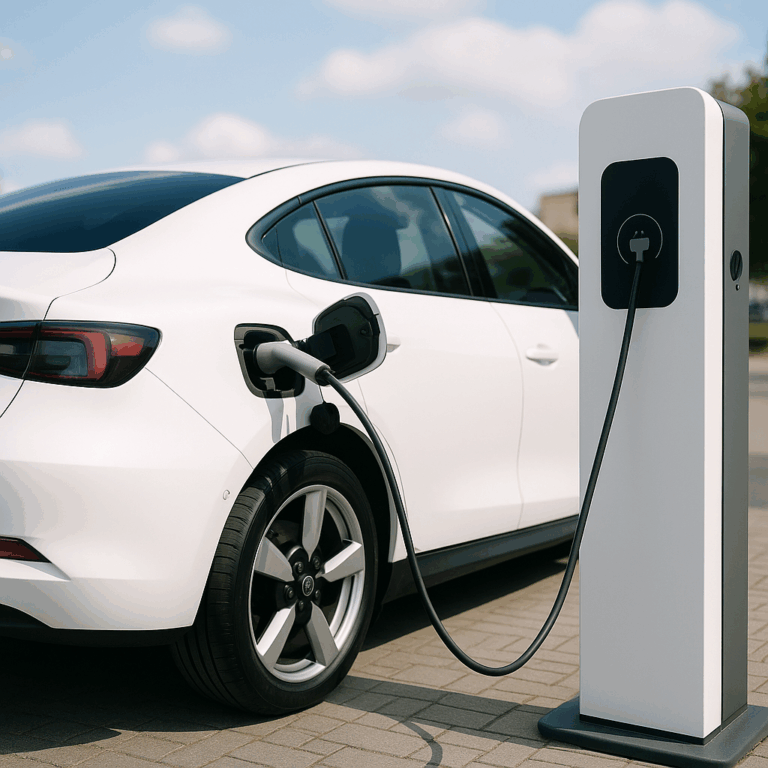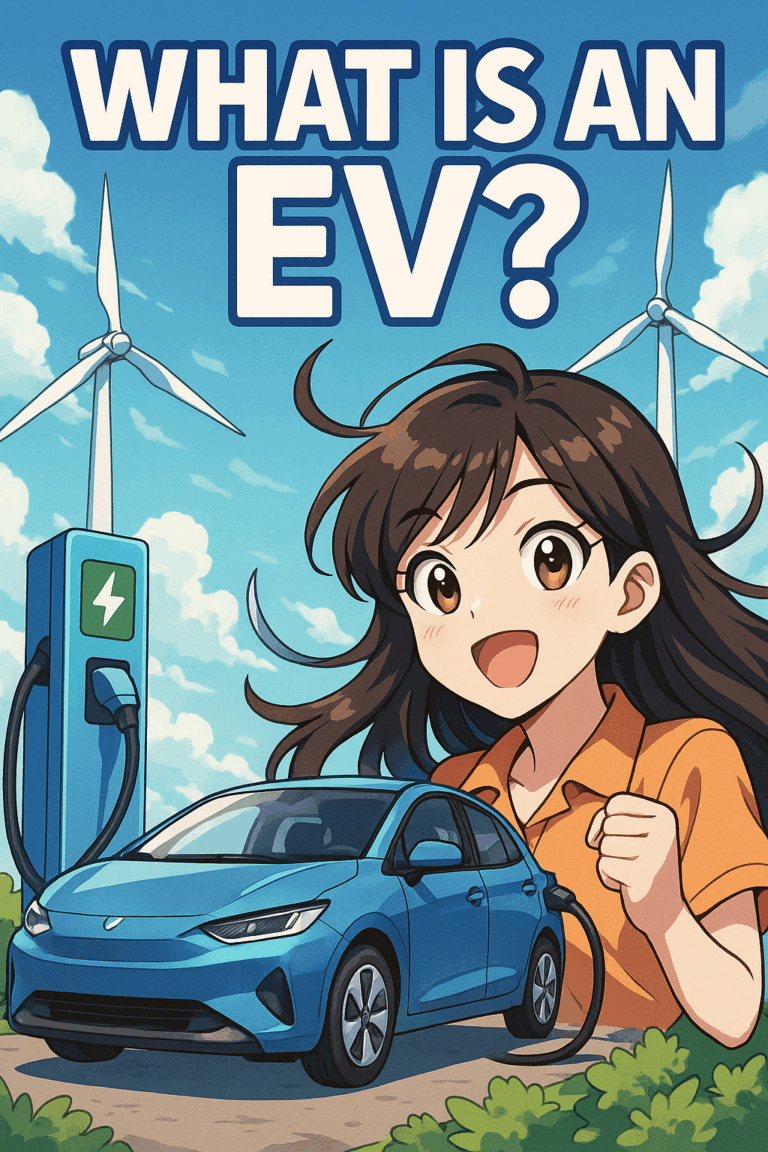Setting Up an EV Charger at Home: A Real-World, Street-Smart 2025 Guide for First-Time EV Owners
Chapter 1: First Things First — Why Charge at Home?
Let’s start with the truth bomb: if you’re driving an electric vehicle and not charging at home, you’re basically paying luxury hotel rates for tap water.
Charging at home is:
- Cheaper (like, 80% cheaper than public fast charging)
- More convenient (no lines, no apps, no “bro, this one’s broken again” moments)
- Better for your battery’s health
As Shawn from Brooklyn puts it:
“Charging at home? Man, that’s VIP treatment for my whip. I plug in, eat dinner, wake up full. Like magic, but with kilowatts.”
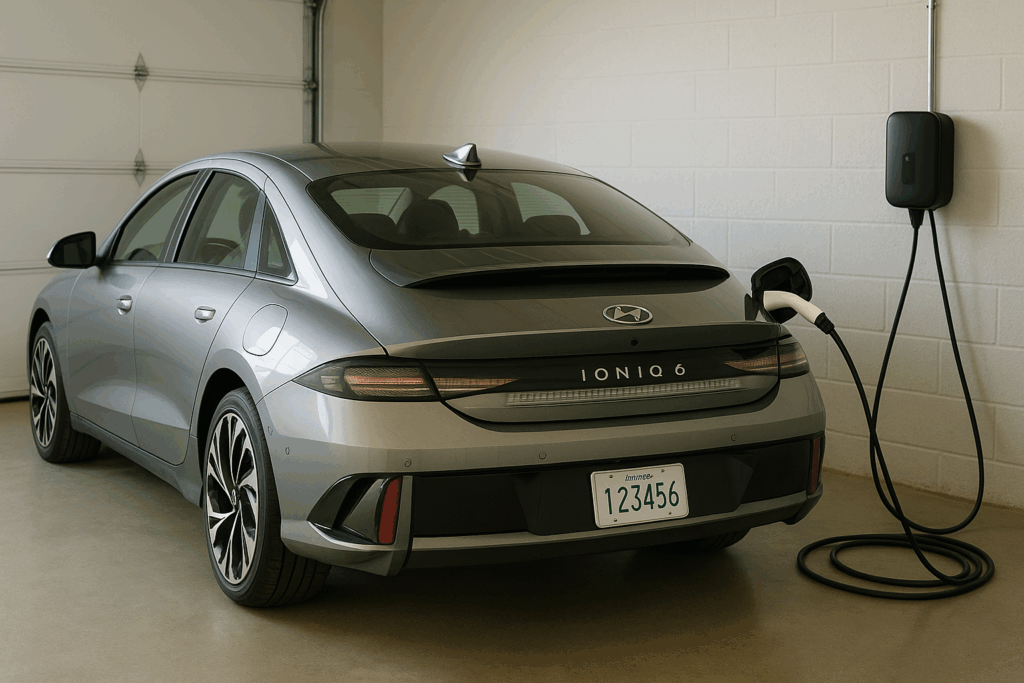
So yeah, home charging = real power move.
Chapter 2: Know Your Levels — Level 1 vs. Level 2 (Pick Your Weapon)
Before you start buying gadgets, let’s break down the two main types of EV home charging⚡ Level 1: The Turtle Mode
- Comes with most EVs
- Plugs into a standard 120V outlet
- Adds about 3-5 miles of range per hour
- Best for: short daily commutes, overnight charging, or if you’re ultra-patient
🗨️ Sarah (retired teacher, drives a Nissan Leaf):
“I charge overnight and drive to bingo and back. It works fine, baby.”
⚡ Level 2: The Real Deal
- Requires a 240V outlet, like your dryer
- Adds 20-40 miles of range per hour
- Best for: daily drivers, road trip lovers, or literally anyone under 75
📈 90% of EV households eventually upgrade to Level 2.
Bottom line?
Level 1 is fine to get started. But Level 2 is how you stop thinking about charging at all.
Chapter 3: What You’ll Need (Tools + Vibes)
Setting up an EV charger at home isn’t rocket science. But don’t just go buying stuff off TikTok ads.
Here’s what you actually need:
- A compatible EV charger (Level 2)
- Access to a 240V power source (via garage, carport, or wall nearby)
- A licensed electrician (unless you’re secretly Iron Man)
- Wi-Fi (optional but amazing)
- A permit (maybe – more on that soon)
Let’s break it down.
Chapter 4: Pick the Right Charger (It’s Like Choosing a Netflix Plan)
Not all chargers are created equal. Some are smart, sleek, and app-controlled. Others are just… basic.
💡 Top Features to Look For:
| Feature | Why It Matters |
|---|---|
| Amperage (32A–50A) | More amps = faster charging. 40A is a sweet spot. |
| NEMA 14-50 plug | Works with most modern outlets. Easy to install. |
| Smart app control | Lets you schedule charging & monitor energy use. |
| Weatherproofing | If it’s outside, don’t risk a zap-fest during rain. |
🛍️ Popular picks in 2025:
- JuiceBox 40
- ChargePoint Home Flex
- Grizzl-E Classic (for rugged types)
- Tesla Wall Connector (if you drive a Tesla, obviously)
Chapter 5: Call an Electrician Before You Burn the House Down
Unless your side hustle is rewiring houses, hire a pro.
What the electrician will do:
- Inspect your electrical panel
- Install a new 240V circuit (if needed)
- Set up the outlet or hardwire your charger
- Make sure you’re code-compliant and safe
💬 Tony the Electrician from Jersey:
“You don’t play games with 240 volts. One bad wire and boom — your garage turns into a microwave.”
⚠️ Average Cost:
- $300–$700 if you already have a 240V outlet
- $800–$2,000 if you need panel upgrades or trenching
Hack: Many utility companies or local governments offer rebates for installation. Check first before paying full price.
Chapter 6: Do You Need a Permit?
Short answer: maybe.
Long answer:
- Some cities require permits for electrical work
- Some HOAs wanna be nosey
- Some states offer rebates only if it’s permitted
👮♀️ Pro Tip: Let your electrician handle the paperwork. That’s part of what you’re paying them for.
Chapter 7: Smart Charging Is the Future (Don’t Be Basic)
Once you’re set up, make your charger work smarter, not harder.
🧠 Benefits of Smart Charging:
- Schedule charging when rates are lowest (aka off-peak hours)
- Get energy usage reports (so you can flex your savings)
- Link to Alexa, Google Assistant, or your phone app
- Remotely stop/start charging like a boss
Ava from Seattle:
“My charger starts at 1 a.m. when electricity is cheapest. I wake up with full range and lower bills. My gas friends are jealous.”
Chapter 8: Outdoor Charging? No Problem.
No garage? No stress.
You can absolutely install a Level 2 charger outdoors — just look for these features:
- Weatherproof casing (NEMA 4 rating is ideal)
- Durable cord and locking holster
- Security — some even have RFID access
🏕️ And yes, some folks even mount solar panels on their shed and run a charger off that. Off-grid flex, unlocked.
Chapter 9: Don’t Forget the Tax Credits & Rebates
The feds want you to charge at home — badly. They’ll literally pay you for it.
🧾 As of 2025, here’s what you can claim:
- Federal tax credit up to 30% of charger + installation cost, capped at $1,000
- Local utility rebates: Some give $200–$500 just for installing a Level 2
- State programs: Vary wildly — Google your ZIP + “EV charger rebate”
📣 Don’t sleep on this free money! That $1,500 job might end up costing just $500 after all the discounts.
Chapter 10: Real-World FAQs from the Charging Streets
❓ “What if I live in an apartment?”
Ask management about shared charging options. Many buildings are now required to offer EV-ready spots or at least let you install one (with a permit). Apps like EVmatch help connect EV drivers with private home chargers nearby.
❓ “How long will installation take?”
Usually just 1 day. If you need trenching or panel upgrades, it might take longer.
❓ “Can I DIY the whole thing?”
Technically, yes. Legally and safely? Probably not. Unless you’re an electrician with tools, permits, and a backup fire extinguisher.
Chapter 11: Maintenance? Basically None.
Once you’ve got your charger installed, it just works.
🧼 Tips to keep it clean:
- Wipe down the unit and cord monthly
- Coil the cable neatly — don’t let it drag across gravel
- Check for software updates if it’s a smart charger
These things are built to last 10+ years. If anything breaks, it’s usually the cable — which is replaceable.
Final Word: Plug In Like a Pro
Setting up your EV charger at home isn’t just about convenience — it’s a long-term money move.
You’ll:
✅ Save thousands in public charging fees
✅ Sleep better knowing your ride is juicing overnight
✅ Add value to your home
✅ Never wait in line at a janky charging station again
As Jamal from Detroit says:
“Man, I used to stop at public chargers twice a week. Now? I plug in at home, play Xbox, and my ride’s full by morning. That’s the future, right there.”

